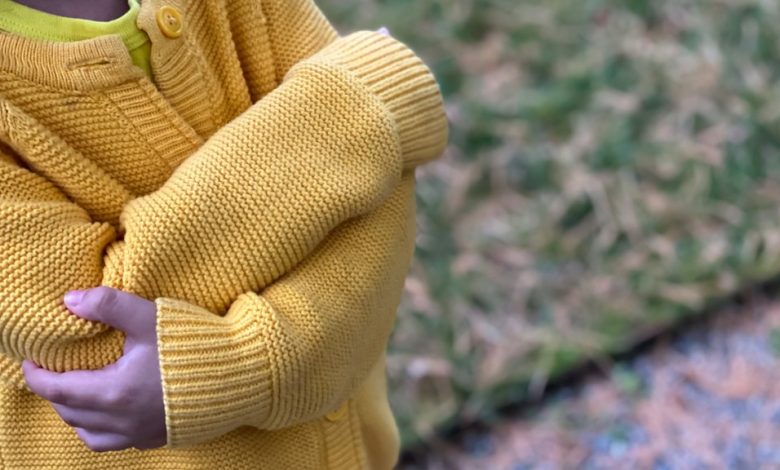10 Ways To Spot Mental Health Issues In Small Children


Discussions about mental health in young children typically include issues related to teenagers and school-aged children. Younger children are often overlooked in this discourse, though they too can experience serious mental health issues.
Many parents are unaware of just how susceptible infants and toddlers are to these types of problems, largely due to “the pervasive, but mistaken, impression that young children do not develop mental health problems and are immune to the effects of early adversity and trauma because they are inherently resilient and ‘grow out of’ behavioral problems and emotional difficulties,” says researchers Alicia F. Lieberman, PhD and Joy D. Osofsky, PhD.
It is also commonly believed that smaller kids do not understand what is happening or will not remember negative or harmful things they have witnessed or experienced. However, this is not the case. In fact, many of the problems that appear to emerge later in life can be traced back to infancy and early childhood.
This is one of the reasons it is crucial to detect and address problems early on. Early intervention and treatment can improve children’s well-being, prevent future issues, and help achieve better life outcomes.
But how do you know when there might be an issue? With younger children, it can be difficult to spot a problem, as they naturally experience a great deal of rapid change during development. Unlike older kids, babies and toddlers do not yet possess the communication skills to express all that they are feeling. That is why it is important for parents to understand how to recognize possible warning signs of mental disorders. If you notice a persistence of the following signs, contact your pediatrician for further guidance.
Sleep Issues
It is normal for babies to take some time to settle into a regular sleep schedule. However, awakening frequently throughout the night after they have developed a steady sleep routine could be a sign of an issue. Frequent intense nightmares and difficulty falling asleep are other things to watch out for.
Bed-wetting
Occasional accidents are normal for little ones, but frequently wetting the bed after being fully potty-trained is a cause for concern.
Feeding Problems
Call your doctor if your infant or toddler refuses to eat or drink, gags or coughs often while eating, displays difficulty chewing or swallowing, or seems to be very sensitive to certain smells or textures of food.
Gastrointestinal Problems
Gastrointestinal issues may also be tied to feeding problems. This can include stomach pain, nausea, vomiting, constipation, or diarrhea.
Failure to Reach Developmental Milestones
Your pediatrician will regularly ask questions to determine if your young child is meeting developmental milestones. If your child is not reaching milestones or has started to regress or lose skills after meeting them, it could also be a sign.
Over- or Under-Responding
Over-responding refers to reactions that seem too intense or extreme. Children who over-respond commonly experience difficulty calming down or take a while to do so. On the other hand, under-responding is a lack of emotional reactivity or expression. Children who do so react very flatly, displaying minimal facial expressions and gestures.
Limited Eye Contact
Babies and toddlers may sometimes avoid eye contact as a normal response to situations or people who make them uncomfortable. However, if you notice they habitually avoid looking people in the eye– even those closest to them– it could be a sign of a problem.
Irritability
Chronic irritability is characterized by frequent, persistent crying. An irritable child cries often despite all of their needs being met and is very difficult to calm and console.
Anxiety or Fear
Behaviors to watch for include clinging to caretakers, being afraid to leave home, and being very fearful of new people. Or your child may just seem fearful or distressed in general.
Aggressive Behavior
This may present itself in the form of hitting, biting, kicking, throwing or breaking things, intentionally hurting themselves or others, or having tantrums often. If you regularly deal with anger, frustration, or disobedience from your toddler, it could signify mental health issues.
The post 10 Ways To Spot Mental Health Issues In Small Children appeared first on Houston Forward Times.




